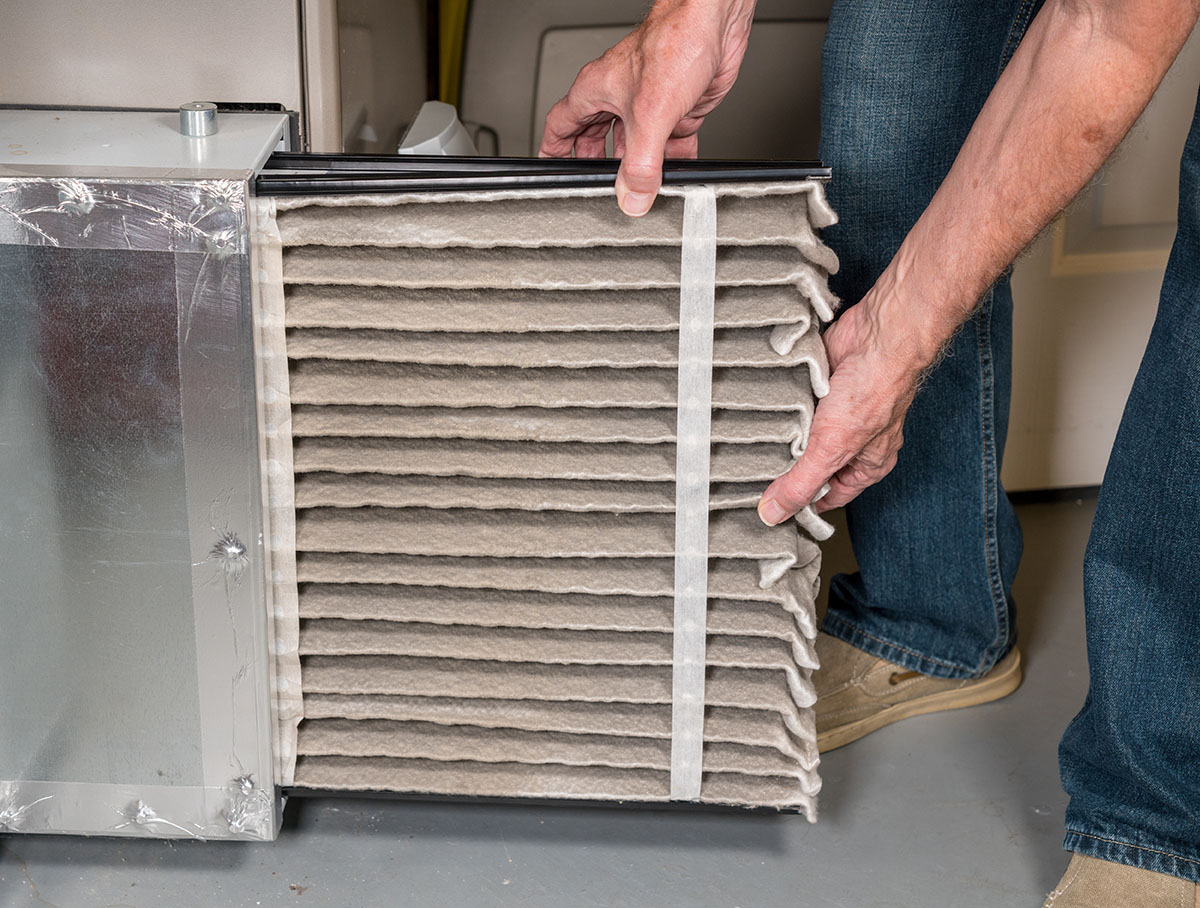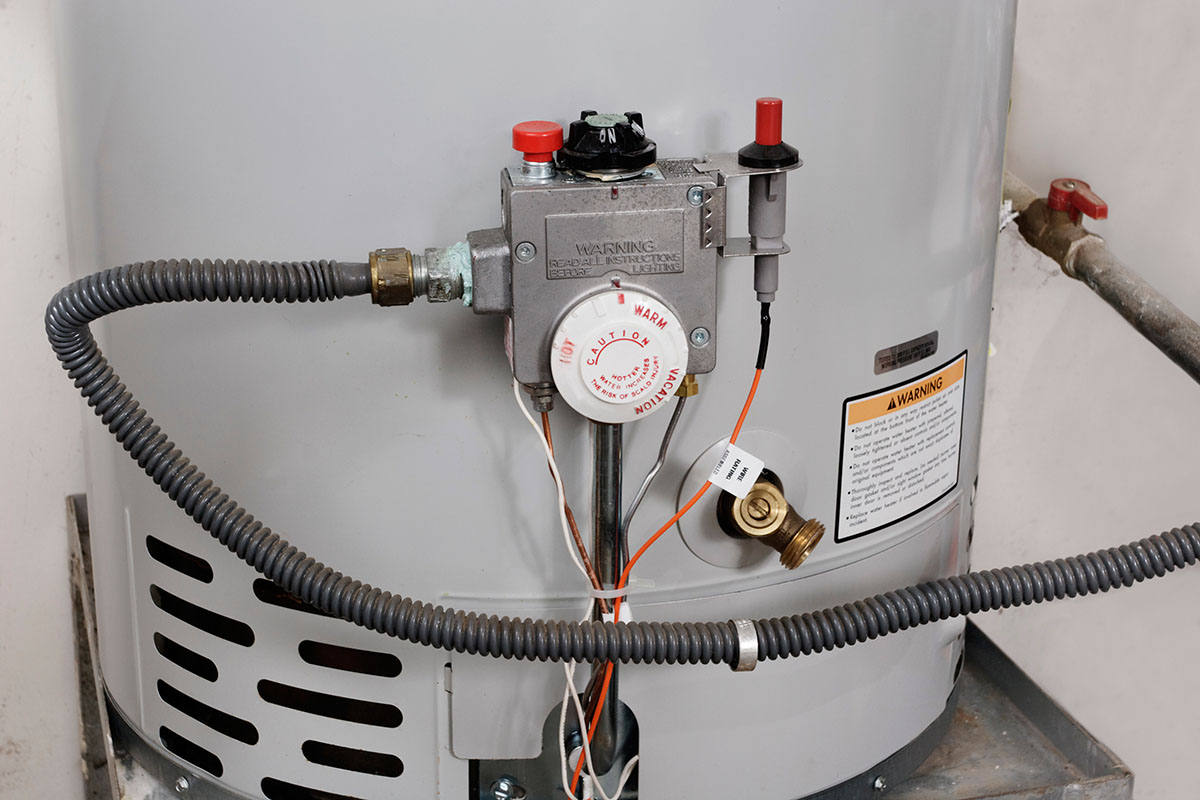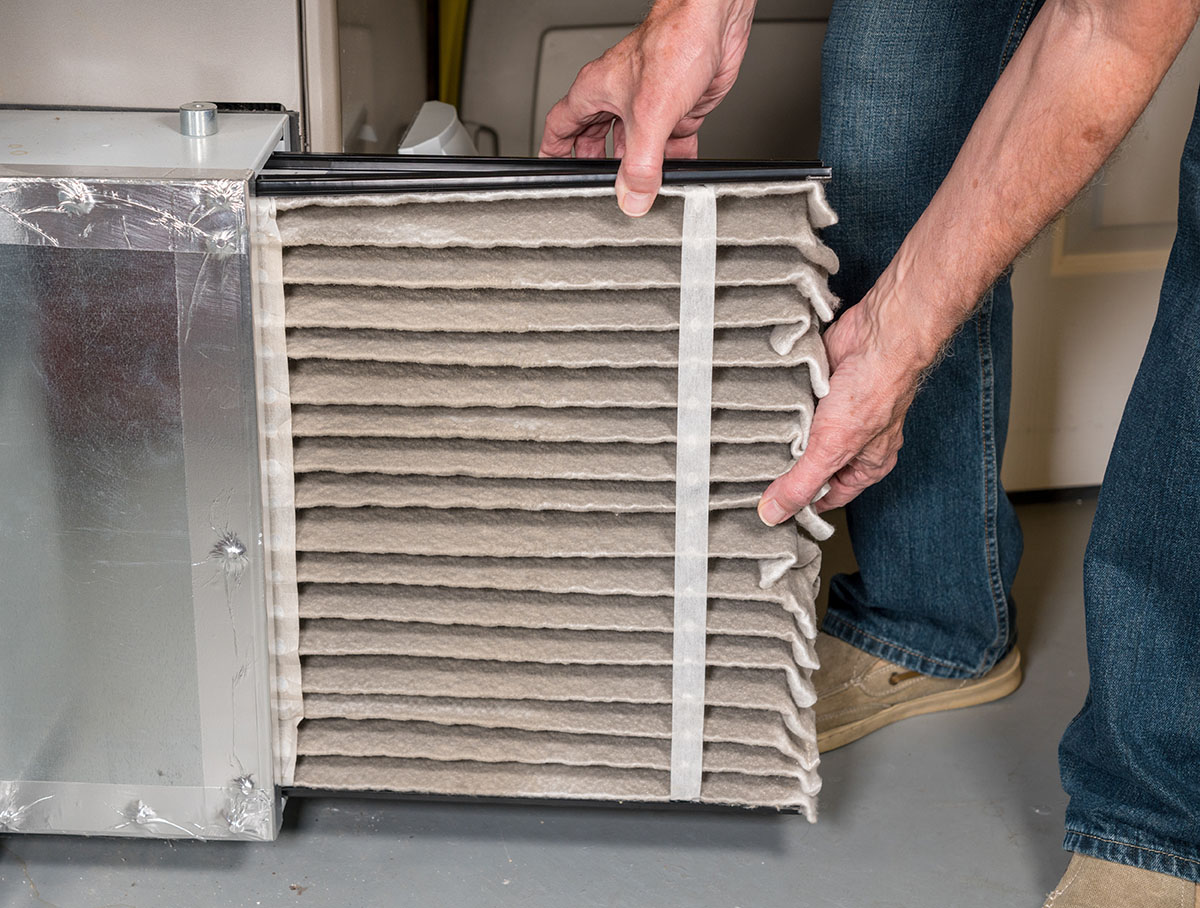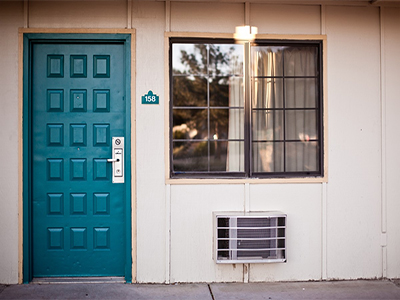Your property’s HVAC equipment relies on air filters to protect its many moving parts from dirt and debris. When you allow these filters to get clogged, you are forcing the heating and cooling to work harder, shortening their lifespan. You’ll also experience worse indoor air quality.
Are you changing your HVAC filters on schedule? Do you know how often to change them, and how to do so? This straightforward solution can save you time and money and prolong the life of your system.










